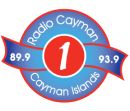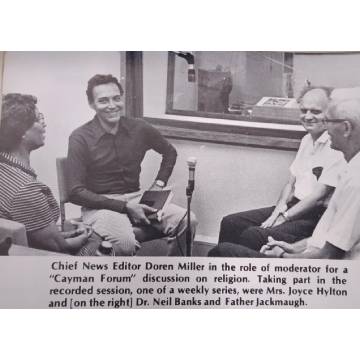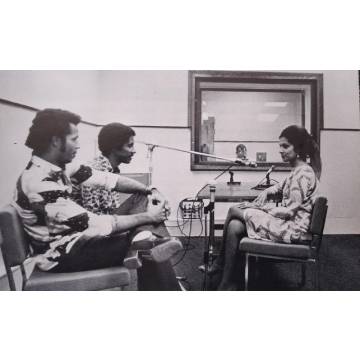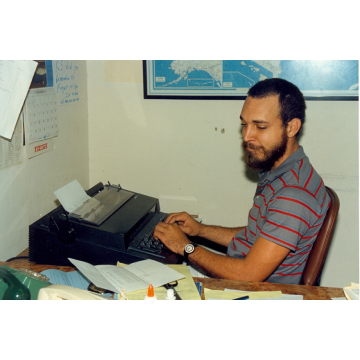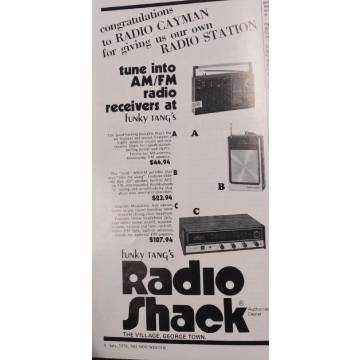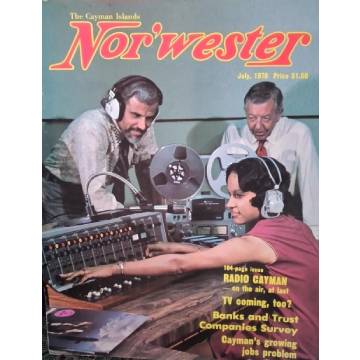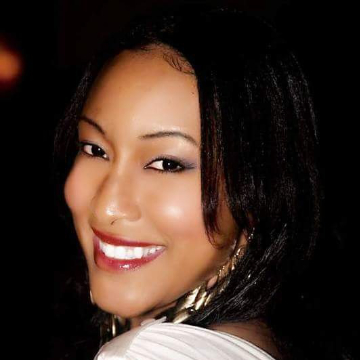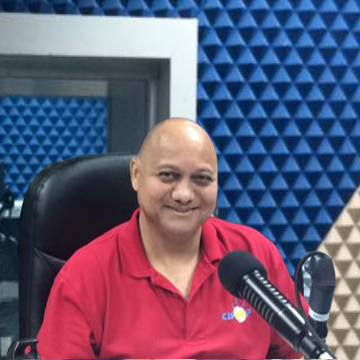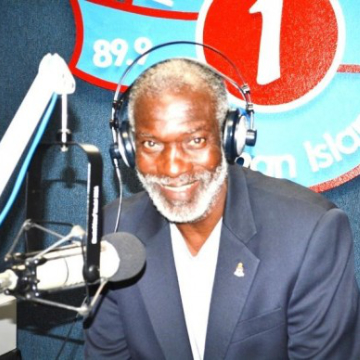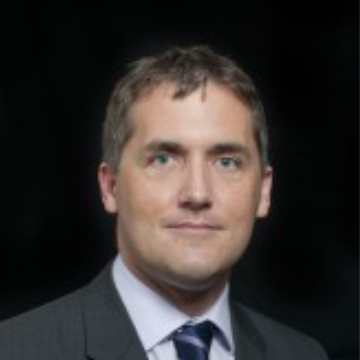News
Cayman Islands Announces Phased Reopening of Borders from 1 September 2020
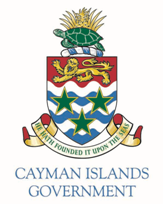
The Cayman Islands Government has announced a phased reopening of its borders starting on 1 September 2020. As a jurisdiction with few cases of COVID-19 to date, the Cayman Islands is deploying groundbreaking technology for screening arrivals using a wearable health- monitoring device which facilitates a controlled, safe reopening of the jurisdiction.
As part of a comprehensive reopening strategy, the Cayman Islands Government is engaging BioIntelliSense, a US-based biotech company that produces medical-grade sensors for continuous health screening, to passively monitor incoming travellers for early symptoms associated with COVID-19. In addition to providing proof of a negative PCR test 72 hours prior to flying, international travellers can opt-in to wear the BioIntelliSense BioButton™ device that monitors their heart rate at rest, respiratory rate and skin temperature to enable earlier detection of symptoms associated with COVID-19.
In announcing the Islands reopening plans Deputy Premier and Minister for Tourism,
Hon. Moses Kirkconnell stated “This advanced health screening solution enhances our reopening protocols, providing further confidence that we can once again welcome visitors to our shores while minimising the risk of introducing new cases to the local community. This is especially important while the pandemic is still widespread in the United States and elsewhere. Since March, we have worked hard to suppress the spread of the virus in the Cayman Islands, and protecting the health and safety of our people remains our top priority. Choosing to wait until September to begin the phased reopening will ensure that all of the necessary precautions are in place to restart our tourism economy safely and responsibly.”
The Cayman Islands success in suppressing local transmission of the virus can be attributed to the swift closure of borders and subsequent introduction of stringent shelter-in-place regulations, combined with widespread testing. In April, the Cayman Islands Government was able to procure 200,000 test kits and has since tested more than a third of the population. Social distancing measures, good hygiene practices and wearing masks are now well-established in the community.
BioButton Health Sensors
Chief Medical Officer Dr. John Lee has been trialling the technology, wearing a BioIntelliSense medical device for the past month. “I have been able to experience first-hand how unobtrusive it is to wear, and the accuracy of the data it provides. The primary advantage is the BioButton’s ability to provide an alert to any changes in vital statistics that could indicate trending towards a respiratory infection, such as COVID-19, and provides Public Health the opportunity to intervene as soon as possible. BioButtons can also be used to facilitate isolation at home and will allow us to introduce enhanced contact tracing.”
The BioButton health sensors communicate via Bluetooth with the BioMobile™ smartphone app as well as BioHubs, which can be placed at the wearer’s accommodations to monitor the user’s whereabouts during a period of self-isolation. Proximity and duration to other BioButton devices can be reported to enhance contact tracing programmes.
BioIntelliSense’s FDA-approved, clinical intelligence technology also supports at-home remote care for patients requiring continuous medical monitoring. Philips, a global leader in health technology, recently announced its strategic collaboration with BioIntelliSense to incorporate biometric sensors into its remote patient monitoring programme. Since the outbreak of Covid-19, BioIntelliSense has been approached by multiple countries, government agencies and airlines interested in applying the technology to heighten travel safety.
“BioIntelliSense is excited to work with the Cayman Islands Government on creating a scalable technology-enabled response to monitoring for symptoms associated with COVID,” said Dr. James Mault CEO of BioIntelliSense. “The BioButton™ health screening and contact tracing solution will augment safety measures for early detection of COVID symptoms to enable proactive intervention and automated care pathways for residents, workforce and visitors.”
Phased Reopening
In the first phase of reopening, visitors and returning residents must register with Travel Time for permission to travel on one of the government-arranged repatriation flights, or by private air. Travellers over the age of 10 must provide proof of a negative PCR test within 72 hours of travelling. Eligible travellers can either opt-in to wear a BioButton and self-isolate in their choice of residence for five days, or quarantine in a Government managed facility for 14 days. Those wearing a BioButton will have a second PCR test five days after arrival and, if negative, will continue their bio-monitoring for a further nine days without the requirement to self-isolate.
Government’s Reopening Borders Committee (RBC) is finalising the details of phase one reopening protocols and will publish further information in the coming weeks. Details include how to secure PCR testing, arrangements for self-isolation, data privacy and management and programme fees.
Processes and protocols will be further evaluated and fine-tuned during phase one, while arrival numbers are still limited, to inform decisions on when and how the Cayman Islands moves to phase two of reopening.
“As we gear up for the controlled, phased reopening, hotels and other tourism partners have been putting in place new measures to increase sanitation and support social distancing requirements, as good hygiene practices remain our first defence against the virus, Minister Kirkconnell stated. “At the same time, we want to ensure the guest experience is at the same high standard that visitors have come to expect from the Cayman Islands. We are confident that we are worth the wait.”
Current information about the Cayman Islands Covid-19 response and suppression strategies is available at https://www.exploregov.ky/coronavirus.
